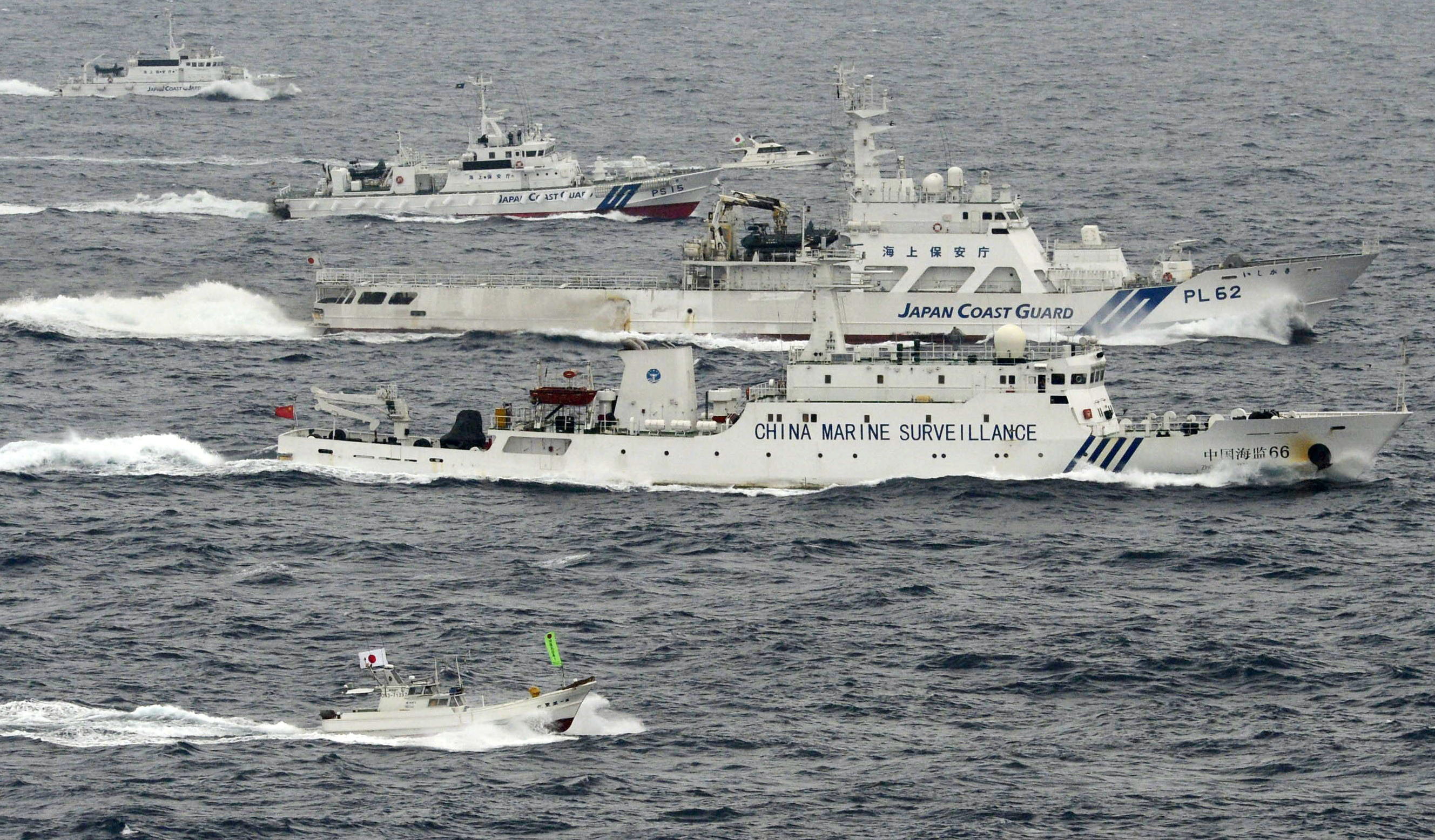
30 September 2015, international research and practice conference «The end of the Second World War at Russia’s Far East: historical results and modern tendencies of world peace» was held in Khabarovsk. Conference was devoted to 70th anniversary of the end of the Second World War. The idea came from public of Khabarovsk and Khabarovsk Region, veteran organizations and historians’ society. Asia-Pacific International Relations Center received a city grant project specially to take responsibility for scientific part of the conference. The conference also promoted by government of Khabarovsk and government of Khabarovsk Region.
About 200 scientists, specialists and teachers from different regions of Russia sent their applications for participation in the conference.
Among them was:
Deputy Manager of Center for the Studies of the Northeast Asia Strategic Issues and the Shanghai Cooperation Organization of RAS Institute of Far Eastern Studies, Ph.D. Anatoly Klimenko.
Deputy Manager of Center for Baltic and CIS Countries of Russian Institute for Strategic Studies, Ph.D. Oksana Petrovskaya.
Head of the General History Department of Siberian Federal University, Professor Vladimir Datsyshen
Professor of Far Eastern Federal University, Larisa Garusova
Head of the Humanities and Social Studies Department of East Siberian Ministry of Internal Affairs Institute, Doctor of Historical Sciences Vladimir Sinichenko
Leading Chinese scientists sent over their research works: Director of Cold War History Research Institute Shen Rihua and Deputy Director of Institute of Russian Academy of Social Sciences of Heilongjiang Province, An Zhaozhen. In conference also took part professor of Hallym University, Lee Kwon Wan from South Korea.
Plenary meeting started with greetings to conference participants from representatives of
Khabarovsk Region Government and Khabarovsk Government deputies, Consul General of China and the Head of China Consulate General Administrative Office in Khabarovsk made a welcoming speech for conference participants. Mr. Su Fangqiu acknowledged the special contribution of Soviet army in liberation of North-Eastern China and encouraged to exclude historical rewriting of war results. He warned the world society from resurrection of military Japan and endorsed efforts of Russia and China on consolidation of peace and prosperity in region. The Head of China Consulate General Administrative Office in Khabarovsk noted that Soviet and Korean people fought close together against one enemy and expressed his confidence about conference worthy contribution to the development of Asia-Pacific Region and consolidation of peace. Richard Herr, professor of University of Tasmania, noted in his video message that Australia supported the Soviet Union through a number of minor contributions: supplied convoys to Archangel, some Lendlease programs, and therefore it served for the victory in the war against Germany. Professor Herr also mentioned that Soviet Army helped to force the immediate and unconditional surrender of Japan through its companies in Manchuria.
Interesting reports were presented on plenary meeting by Anatoly Klimenko (War against Japan and problems of modernity), Vladimir Datsyshen (Liberation of Harbin in 1945), Oksana Petrovskaya (Victory successors or loosers? Historical memory transformations of the Second World War in Eastern Europe), Larisa Garusova (Cooperation of USSR and USA in Pacific Ocean during the Second World War), Vladimir Sinchenko («Korean knot» in modern international relations)
The further step of conference had a roundtable format in 2 parts. Roundtable «Military and political results of the Second World War and modern tendencies of world piece», coordinated by Valery Timoshenko, hold discussions on the Soviet Union contribution in liberation of Korea, also the contribution of Communist Party in defeating Japan, particular details of The Manchurian Strategic Offensive Operation and rewriting of history facts in the Soviet Union war against Japan. Heated discussion started after report of Hallym University (South Korea) Professor Lee Kwon Wan on tragic destiny of Koreans in Sakhalin and their rehabilitation affords. Professor Lee Kwon Wan suggested establishing a fund in order to help Koreans who stayed in Sakhalin, and fund should to be established by Russia, China, South Korea and Japan. Such proposal was met with criticism from Russian participants who truly believed that Japan must pay for their own criminal actions themselves. Discussions took emotional turn during the report of Professor Yuri Pikalov on a history rewriting of the Soviet Union war against Japan, discovering deplorable facts of rewriting from some representatives of Russian side. Professor Vladimir Datsyshen stated that the best way of preventing historical rewriting is to improve the quality and quantity of researches made under control of scientific society.
The agenda of the second roundtable was «Pressing issues of study and teaching the history of the Second World War», coordinated by Nikolay Baikov. It stimulated discussions on such problems as study and teaching the history of the Second World War at school introducing education technologies and the war influence on a historical sense. Beside scientists and specialists in this roundtable discussions also took part school teachers and specialized secondary schools teachers.
The roundtable results of discussions were summarized during the second plenary meeting. And the relevance of further science society and teachers cooperative work on issues of study and teaching history of the Second World War was mentioned.
The participants of international research and practice conference «The end of the Second World War at Russia’s Far East: historical results and modern tendencies of world peace» confirmed the growing interest from research society of Russia and Far East countries in issues related to the Second World War results and modern world peace establishment in Asia-Pacific Region. Historical analysis and value of the Second World War, it’s Far Eastern military actions and processes related with the results of it afforded to highlight the problems for further deep research by Russian and foreign specialists in terms of making special recommendations for federal authorities. The mentioned recommendations must be forwarded to promotion of strategic security in Russia and The Far East taking into account the Second World War results, reinforcement of the image of Russia in Asia-Pacific Region and strengthening of friendly ties with The Far Eastern neighbors.

 November 10, 2015
November 10, 2015  Опубликовано в
Опубликовано в